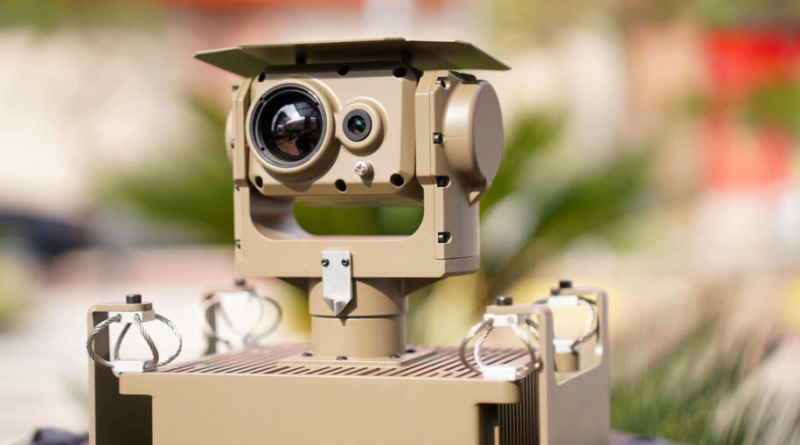From Conflict to Capital: How War Fuels Israel’s Tech Boom
Anti-drone technology has posed challenges for Israeli forces, facing diverse threats from Gaza, Hezbollah, Iran, and the Houthis in Yemen.
Israeli startup Xtend, known for its cutting-edge drones, reportedly played a pivotal role in tracking Hamas leader Yahya Sinwar, capturing footage of him as he lay dying last October. This has marked a significant boost for the company amid the ongoing conflict.
Aviv Shapira, Xtend’s co-founder and CEO, refrained from commenting on the unverified reports but confirmed that the company supplies indoor drones to the Israeli military. The Israeli army has sought innovative solutions beyond major manufacturers to enhance its operations in Gaza following Hamas’s attacks on October 7, 2023.
Xtend’s drones, equipped with artificial intelligence, enable high-precision strikes and can be controlled from up to 9,000 kilometers (5,600 miles) away with minimal human input. “We’re essentially re-learning combat with robots,” Shapira noted in an interview.
The Israeli Defense Forces and the defense ministry did not provide insights on the equipment used to target Sinwar.
Similar to Ukraine, where startups have thrived in developing drone technology to counter larger Russian forces, Israel’s small, agile companies are crucial in quickly providing effective solutions in wartime. Military expert Isaac Ben-Israel emphasized that these startups can mobilize rapidly, addressing urgent technological needs.
Israel’s existing vibrant startup ecosystem positions its firms well to leverage the wartime demand, with some already securing international orders aimed at shaping future battlefields.
In under a year and a half of conflict, Xtend has secured a substantial contract with Israel’s defense ministry, raised $40 million in its latest funding round, and signed an $8.8 million deal with the U.S. government.
Sequoia Capital, a major U.S. venture fund, resumed investments in Israeli companies after the October 7 attacks, having previously refrained from doing so since 2016. “War provides invaluable experience,” noted Sequoia partner Shawn McGuire.
The high-tech sector is vital to Israel’s economy, representing 16% of employment, over half of exports, a third of income tax revenue, and 20% of overall economic output.
New Capabilities
On October 7, Shapira was on his way to the beach with his surfboard when he heard rocket sirens from Gaza. Within hours, he deployed a fleet of drones for search and security operations, highlighting the necessity for rapid responses in crises.
Since the conflict began, Israel’s defense ministry has collaborated with startups to enhance capabilities in the field. Colonel Nir Weingold, head of planning and development at the ministry, stated that they have fast-tracked the licensing process for selected startups, awarding contracts worth 782 million shekels ($219 million) to 101 startups and small companies since October 7, 2023.
More than 25 of these startups have moved from development to production as a result of the war, with about 50% of the anti-drone technology used by Israel’s military sourced from startups.
This collaboration was highlighted at the inaugural Global DefenseTech conference organized by the Directorate of Defense Research & Development (DDR&D) with Tel Aviv University’s Blavatnik Cyber Research Center, showcasing numerous startups and attracting interest from major multinationals.
“Unfortunately, war is good for business, and Israel has been a key partner,” remarked Ayal Somech, head of growth at Boeing Israel, during a conference panel.
Anti-drone technology has posed challenges for Israeli forces, facing diverse threats from Gaza, Hezbollah, Iran, and the Houthis in Yemen. Lior Segal, co-founder of Thirdeye Systems, which develops advanced warning systems for drones, noted that their collaboration with the defense ministry transitioned from development to securing significant contracts during the conflict.
Thirdeye’s shares have surged by about 50% since the war began, expanding its product lines from three to seven or eight. Recently, Thirdeye announced the sale of a 30% stake to Emirati defense conglomerate EDGE for $10 million, marking a rare public investment by an Emirati firm in Israel. This investment will facilitate Thirdeye’s expansion into new markets, pending approval from the Israeli defense ministry and other conditions.



